Zen Master Thich Nhat Hanh (Thay) has been recovering from the stroke he had last November in San Francisco at the UCSF Medical Center. It must be the best place in the world for stroke rehabilitation, or he would not be there. Words lose their meaning when you try to describe how well his treatment is going. He is teaching all of us how to breathe through a serious illness.
A recent report from Plum Village on September 8 stated,
“We are happy to be able to share that Thay is benefitting from the best of Western, Eastern, conventional, and alternative medical approaches. Thay is receiving acupuncture every day, as well as physical therapy, speech therapy, osteopathy, and neurofeedback, with the support and oversight of a phenomenal team of doctors at UCSF.”
Thay was trained in the lineage of Master Linji and he is often found to quote him. For example, Master Linji once said, “As I see it, there isn’t so much to do. Just be ordinary—put on your robes, eat your food, and pass the time doing nothing.” -from Teaching 18.
Thay comes back with the following in Nothing to Do, Nowhere to Go: Reflections on the Teachings of Zen Master Lin Chi:
On a similar vein, has the word, “mindfulness” lost its meaning because of how it is used outside of the context of Buddha’s teachings? What I mean by this is that when mindfulness is taught in a secular environment, two legs of the school of Buddha’s teaching are often not even spoken about: ethics and wisdom. Yes, concentration is taught under the name of mindfulness, but the others are glossed over or not even mentioned.
What other words have lost their meaning to you?
Books by Zen Master Thich Nhat Hanh
 |
Nothing to Do, Nowhere to Go: Reflections on the Teachings of Zen Master Lin Chiby The Zen school of Mahayana Buddhism contends that each one of us is already a Buddha — the enlightenment we seek is always within us, waiting to be realized through mindfulness and concerted spiritual work. This truth pushes us toward practice, in the hopes that we may awaken our potential an… [Read More…]
|

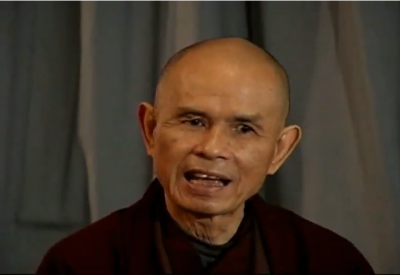


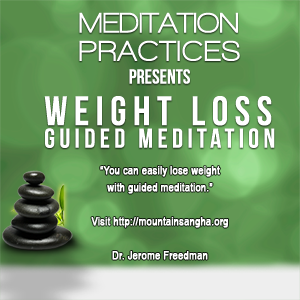





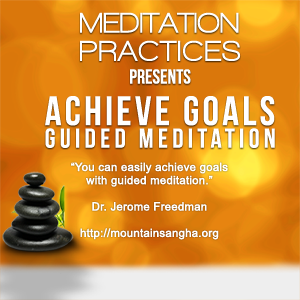
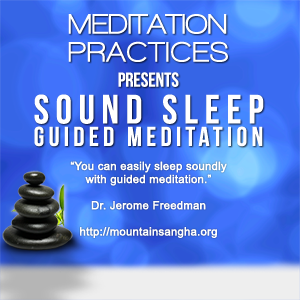

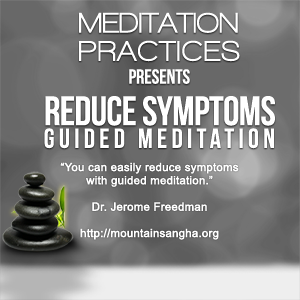

You must be logged in to post a comment.